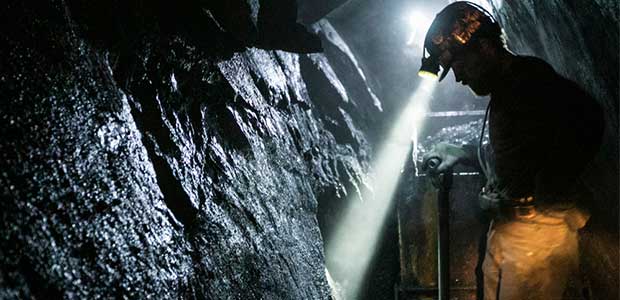
University of Arizona Researchers Study Diesel Fuel Alternatives to Reduce Disease in Miners
Previous research showed that even when miners were exposed to fewer harmful diesel particles, they still developed lung issues.
In the wake of a growing health epidemic among current and former miners, researchers have taken up the challenge of finding out how and why miners develop serious diseases, particularly black lung disease.
Now, professors at the University of Arizona are setting out to determine if, and to what extent, using alternative fuel mixtures to replace diesel fuel can help reduce disease in people working in underground mines. Miners are consistently exposed to hazardous components of diesel engine exhaust, causing them to develop conditions such as lung cancer, chronic bronchitis and cardiovascular disease, according to a university press release.
The university’s team received a $1.78 million grant from the National Institute of Occupational Safety and Health to partner with an underground mine that uses diesel to fuel all underground equipment. From there, the researchers will compare emission exposures and toxicity of vehicles using diesel, renewable diesel, and a natural gas and diesel fuel mixture.
Jeff Burgess, the associate dean of research at UA’s College of Public Health and the lead researcher for the study, said that previous research has proven a connection between exposure to diesel particulate matter (DPM) and increased rates of cancer.
"In an attempt to reduce exposure to DPM, a number of mining companies have used alternative fuels instead of diesel; however, we don't know whether that actually improves the health of the miners or not,” Burgess said in a statement.
Burgess found in a previous study that even though biodiesel fuel blends reduced miner exposure to DPM, it did not prevent the toxic effects in their lungs. The study hopes to find out the potential benefits of newer alternative fuels for miners through a partnership with a mining company and the UA’s own Underground Mining Laboratory.
"We will look at both exposures and health effects, because it's really important to determine if we can reduce exposures that also result in improvements in health," Burgess said.